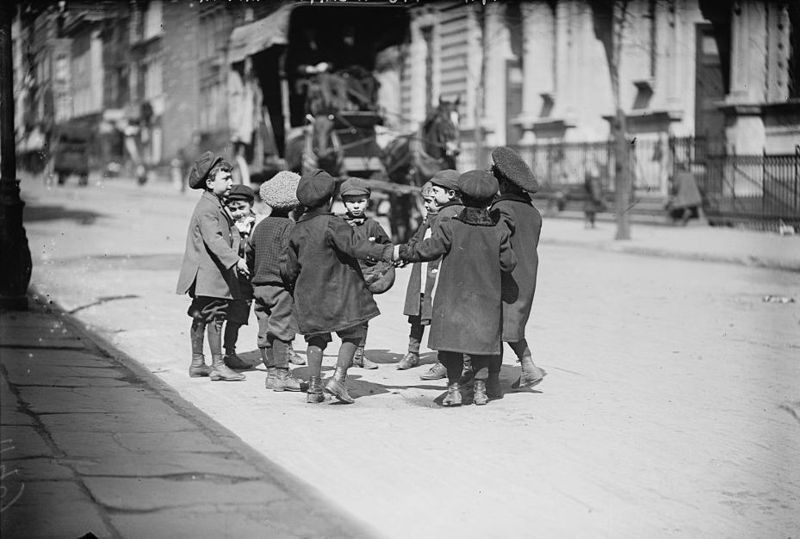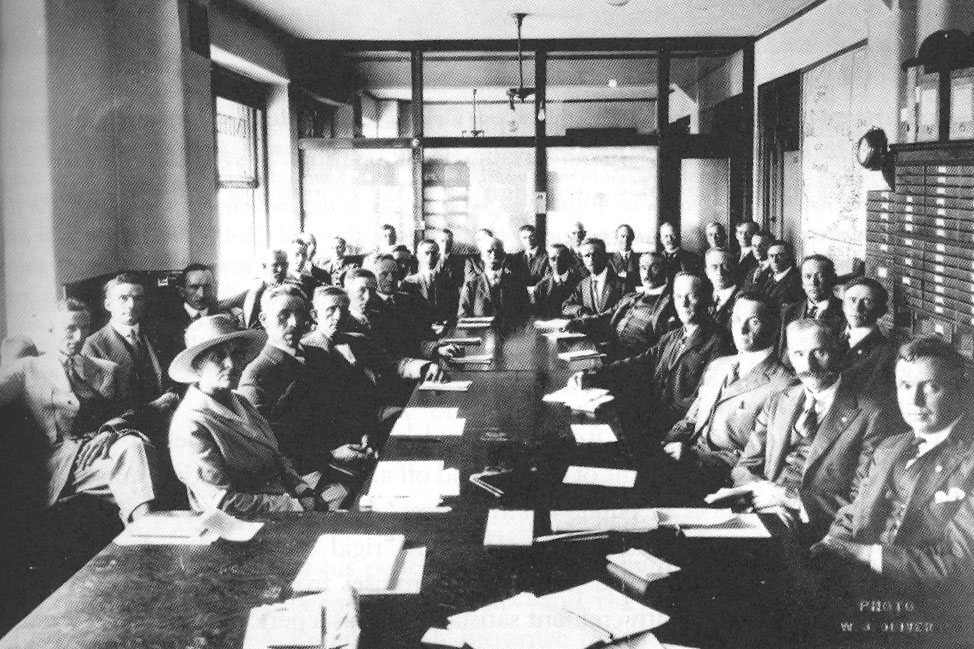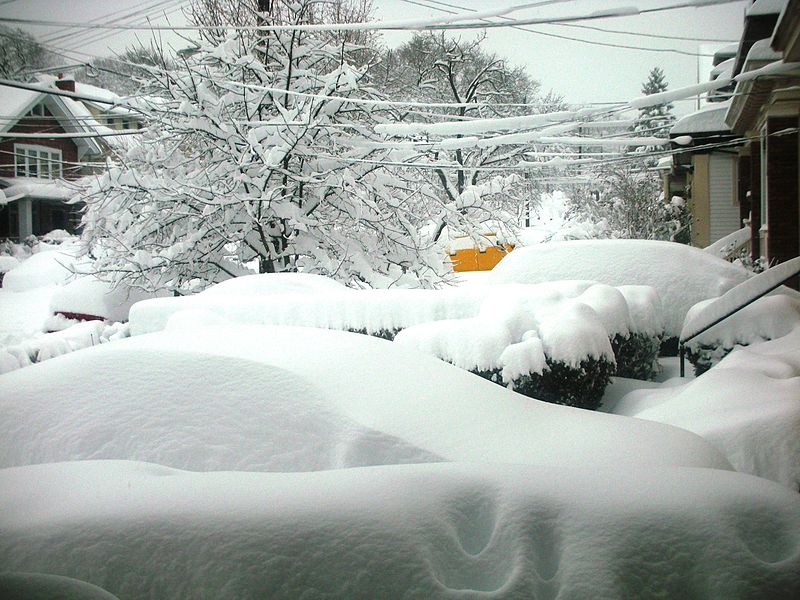In honor of the new documentary Weiner, which hits cinemas this week, Glossophilia is re-posting this short essay on the etymology of wiener, which was originally published when Big Weiner was running for mayor … Continue reading
Category Archives: Etymology
Flea marketing – and the ubiquitous yard sale
A post about flea markets and yard sales, first published in February 2013. Do you know what Brits call them? Continue reading
Gung ho — and other Chinese imports
“Some golfers hardly gung-ho about chance to win Olympic gold,” read a recent headline in the Chicago Tribune. It’s a common enough expression — gung ho — in both American and British English, meaning “unthinkingly enthusiastic and eager, especially about taking part in fighting or warfare” (OED). But it recently occurred to me that being a phrase of Chinese origin, gung ho is fairly unusual in its etymology: I can’t think of many other words or phrases that English has borrowed from that language. So I did some digging … Continue reading
“Goddamn grabby”?
“I just don’t think it will be grabby enough for [X magazine],” a journalist explained candidly in his response to one of my pitches yesterday. I had never heard, until then, the adjective “grabby” with that meaning — of arousing interest or attention. In fact, I’m not sure I’ve ever heard or read the word grabby in any context. I knew exactly what he meant when he consigned my pitch to the ungrabby bin, and it’s certainly not the first time one of my suggestions has been deemed ungrabby — even if they’ve never been labeled as such. But it did make me wonder about the history and pervasiveness of this curious colloquialism, which is quite grabby in its own right … Continue reading
In the news … (April 29)
TGIF … In language and usage news this month (and it’s been a good one), we have a Presidential hopeful having some trouble abroad — in pronouncing the name of that place he’s never been to; some landmark capitalization rules (or make that “DEcap” rules) at the AP; how personality is behind grammar nazis; does the name “Jim Wilson” mean anything to you (especially if you’re in the aviation world)?; find out which words were born in the same year as yours truly; the difference between anti-Semitism and anti-Zionism; some words made famous on an iconic TV show; and some dope on pugs … Continue reading
Fains, fainites, barley, pax, and other truce terms
“Pax!” we would shout, often out of breath and usually with our fingers crossed and held aloft for all our tag-mates to see. It might have been a stitch, or a shoelace that had come untied: something made us have to excuse ourselves from the game — just temporarily, for a brief and necessary time-out — and no-one, not even our arch opponents, could catch us or call us out during the time we had called for our own truce. I’m sure it’s something most of us remember from our playtime in the schoolyard. Continue reading
Days of the week
Have you ever wondered how the days of the week were named? In ancient Rome they were named after the planets, which in turn were named after gods. In most cases, a Germanic name resulted from the Roman god’s name being replaced by that of a similar or equivalent Germanic god. Each one is explained below, along with some common phrases that employ the day’s name. Enjoy. Continue reading
In the news … March 25
TGIF: That Gerund Is Funky. In this month’s language usage news, we have a high-profile hold-out on the use of the singular “their”; the word okay and its origins; a list of horrid words; a vulgar word finds its way into the OED; a spelling mistake that thwarted a bank heist; bad spelling used for effect in an ad campaign; Donald Trump’s 6th-grade linguistic skills; and a spelling quiz from a fine New York institution. (Warning: explicit vocabulary ahead.) Continue reading
To caucus, and caucusing
Unless you’re an American or a New Zealander, you might wonder what on earth caucus means. BBC News recently went out onto the streets of London and the Big Apple and asked Brits what they thought caucus meant, and then New Yorkers to explain its meaning to their friends across the pond. The results, shown in the video here, were less than impressive …
Is it a plant or an animal? A poll or a vote? And even if you are American and you know what the noun means, you might find yourself wondering what “to caucus” means and whether it’s legit — since we’re hearing it a lot these days. The verb seems to be a new thing: is it actually a 21st-century phenomenon? Continue reading
Geddon and pocalypse: anatomy of a verbal disaster
The poor folks of Washington DC — and many of us East Coast-dwellers — are preparing for Snowmageddon again. We’re buying bread, milk and D batteries (even though we’re all now gluten-free, lactose-free and we’re not quite sure what those batteries are for, but we think we know we need them): the Snowpocalypse is upon us …
Just when did we start adding –geddon and –pocalypse to identify and anticipate our most epic disasters? Whether real or imagined, extreme or banal, terrifying or funny (or all of the above — which many of them turn out to be), they’re invariably something to be feared and laughed about in equal measure, so mega and unreal and threatening are their proportions. Continue reading









